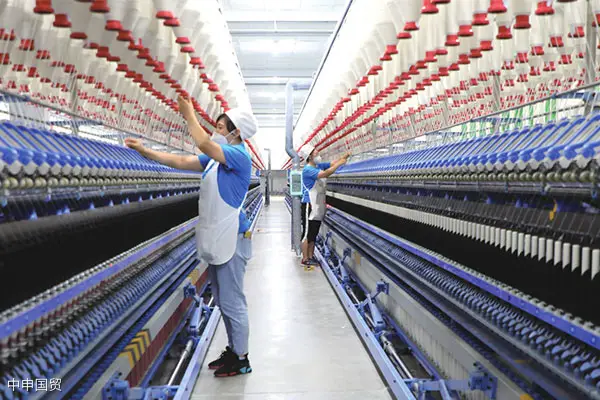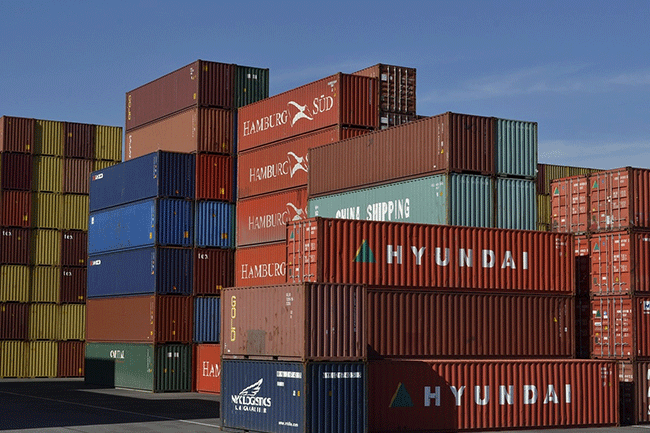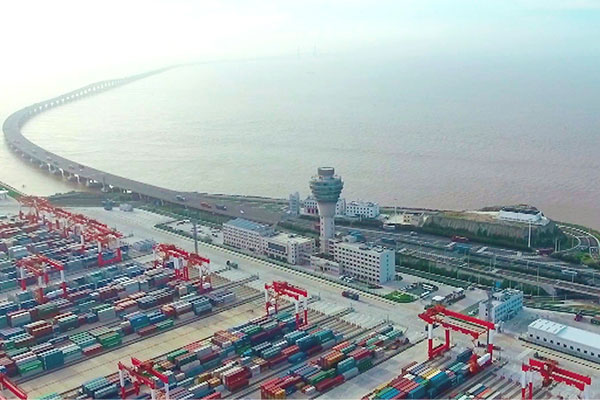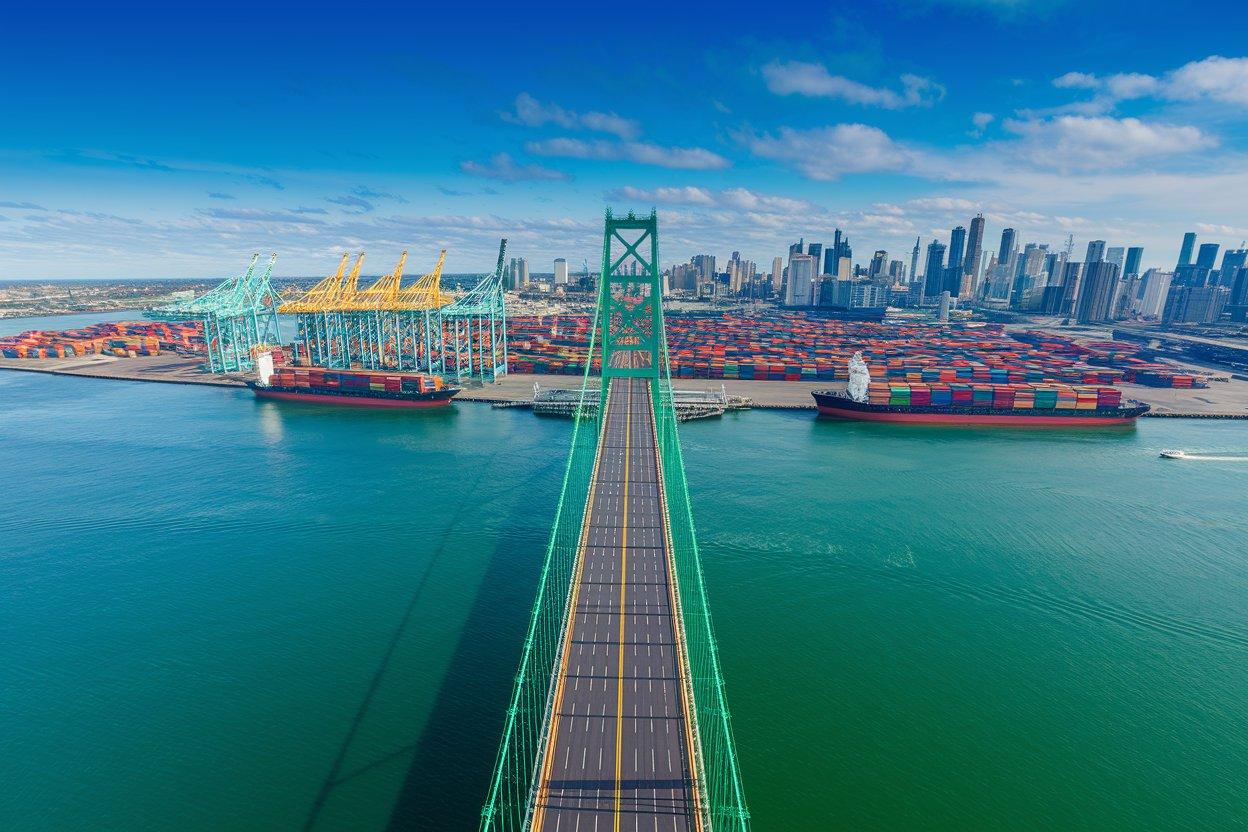- Shanghai Zhongshen International Trading Co., Ltd. – Your reliable partner with 20 years of import/export agency service expertise.
Recently, the Chinese textileImport and exportThe bustling scene in the legal department of the chamber of commerce highlights the challenges faced by the textile industry in the current global trade environment. Since Turkey initiated a safeguard investigation on knitted or crocheted fabric products on January 12, the chamber has been engaged in intense preparations for the response while closely monitoring the latest developments of the case.
In the past year, the Chinese textile and clothing industry has encountered 22 trade remedy investigations initiated by multiple countries around the world, an increase of 29% compared with the previous year. These investigations mainly involve aspects such as anti - dumping, counter - subsidy, safeguard measures and anti - circumvention, covering nine countries including Indonesia, Turkey, Madagascar, India, South Korea, the United States, Pakistan, Saudi Arabia and Peru. Although the export value of the products involved decreased by 60% year - on - year, the increase in cases has undoubtedly intensified the trade frictions in the industry.

In the face of this situation, the China Chamber of Commerce for Import and Export of Textiles has continuously strengthened the "Four-Party Linkage" mechanism, making every effort to assist Chinese textile and apparel export enterprises in protecting their markets and striving to maintain the stable development of the industry. The Chamber's work includes not only investigating the import and export status of the involved enterprises and products but also notifying the relevant enterprises to initiate response procedures and providing necessary legal support.
According to the analysis, the trade remedy investigations initiated by foreign countries on Chinese textile and clothing products in 2023 show some new characteristics. First, the number of trade remedy cases has increased, with developing countries as the main initiators. Second, the number of safeguard measure investigations has reached a record high, especially concentrated in Indonesia and Madagascar. In addition, the scope of products involved is constantly expanding, mainly concentrated on textiles, and also involving clothing and accessories products.
The Chamber of Commerce actively defended against trade remedy investigations by organizing enterprises to participate in anti-dumping, countervailing, safeguard measures, and anti-circumvention investigations, successfully preventing the implementation of certain measures unfavorable to China's textile exports. For instance, in response to Indonesia's anti-dumping investigation on synthetic filament yarn, the Chamber promptly took action by organizing enterprises to register as interested parties, holding case response coordination meetings, and vigorously conducting industry-wide no-injury defense.
The councils active response has won a certain breathing space for the Chinese textile and clothing industry. For example, the clothing safeguard measure case in Peru, the anti - dumping case of viscose yarn in India, the anti - dumping sunset review case of polyester filament yarn in Pakistan and the anti - dumping case of oriented polyester yarn in South Korea all ended without measures, demonstrating the important role of the China National Textile and Apparel Council in international trade disputes.
Facing the possible continuous trade frictions in 2024, the China National Textile and Apparel Council will continue to strengthen its focus on key tasks, promote enterprise services and improve the service system. The council will further enhance its ability to respond to trade frictions, help enterprises improve their risk - resistance ability, and safeguard the rights and interests and industrial safety of the Chinese textile and clothing industry to meet the changing challenges in the global trade environment.foreign tradeIndia considers abolishing the low - tax principle in anti - dumping investigations
Related recommendations
- How Can Environmental Equipment Exports Steer Clear of the Three Major Compliance Minefields?
- Disinfection-equipment export held up by customs inspection? A professional walk-through of the entire clearance process
- 2025 Global Equipment Export Market Landscape Evolution: The Core Value of Professional Agency Services and Emerging Market Strategies
- Is the wine-import agency business really a high-margin goldmine?
- How to Sidestep the Three Hidden Pitfalls When Choosing a Red-Wine Import Agent?
? 2025. All Rights Reserved.










